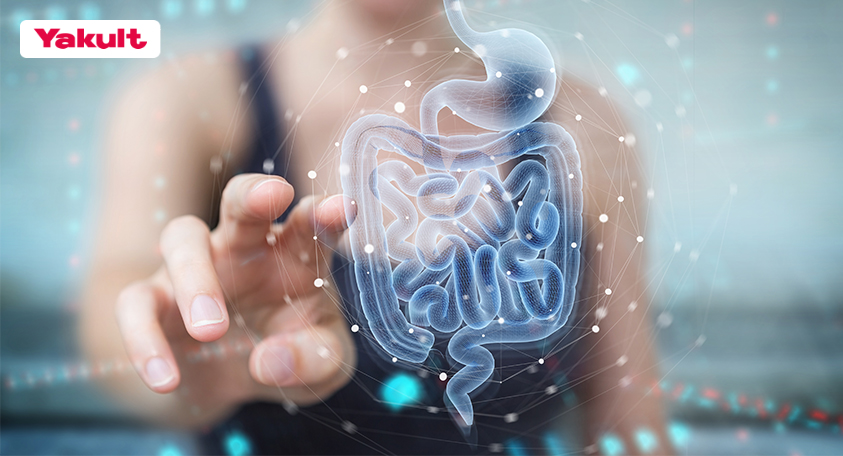About 100km above the Earth is Space, which appears as a black blanket dotted with stars. While it is believed that space is empty, it is not true. It is filled with gas and dust and infrared and ultra-violet radiations from the sun which could be dangerous for astronauts, and people who go to space. Prolonged periods in space affect the human body both physically and psychologically.
The high energy radiations from the solar system create momentary flashes of light which may be damaging to the eyes and our vision. Our bones and muscles also deteriorate and there is a loss of bone density. The heart also becomes weak in space just like the bones and the muscles. Due to the lack of gravity in space, the spine straightens out causing the surrounding muscles and bones to weaken and become stiff. This may cause the spine to become susceptible to injury when astronauts return to Earth.

The intestines digest food, absorb nutrients and water, and remove undigested food from the body. They also protect the body from enemies because they are always exposed to bacteria and other foreign invaders entering from the outside. In other words, the intestines not only digest food and absorb nutrients, but they are also the largest immune organ in the body.
Astronauts who work in space, under an extreme working environment of microgravity inside a closed spacecraft are known to experience deterioration of immune function. In healthy individuals, the flexibility and resilience of the immune system allow rapid recovery with little or no adverse effects. However, with high intensity and/or duration of extremes in the environment, disrupted circadian rhythms, altered nutrition, and other factors, the immune system can be adversely affected.

Yakult contributes to the health of Astronaut
To improve the health of astronauts, the Japanese Aerospace Exploration Agency (JAXA) signed an agreement with probiotics manufacturer Yakult Honsha (Japan) to study the impact of probiotics on their health. This study which commenced in 2016 examines the effect of daily consumption of the Yakult probiotic fermented milk drink on astronauts stationed at the International Space Station (ISS) for a long period of time.
Mr. Hiroshi Oshima, JAXA’s Manager of Space Biomedical Research said, “Space is a model for accelerated aging, therefore if we can find preventive measures in space to prolong aging, these could be applied on the ground too.” Therefore, this ongoing study aims at contributing to promoting people’s health in general by utilizing the knowledge that is gained in the joint research for use of probiotics on the ground.
